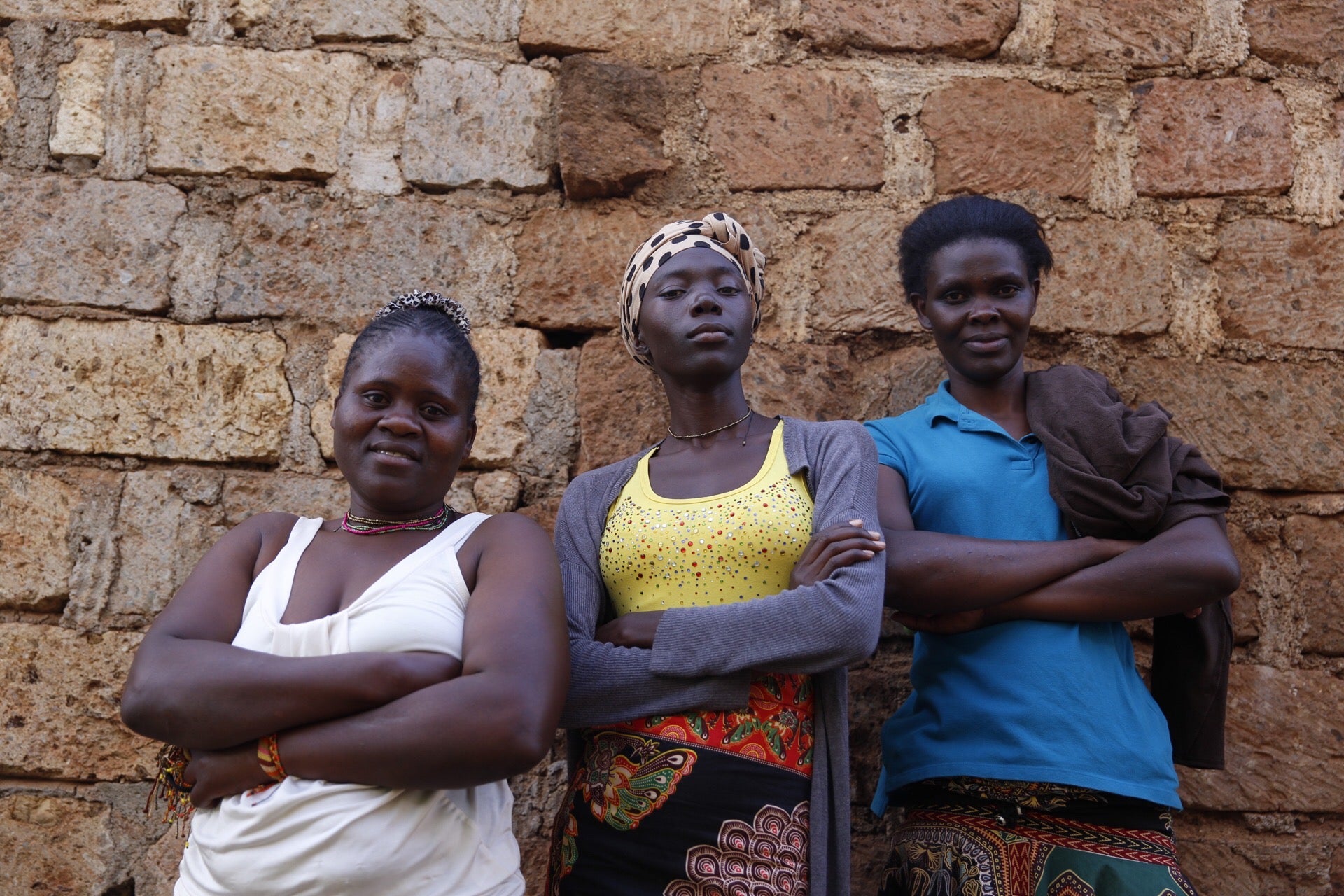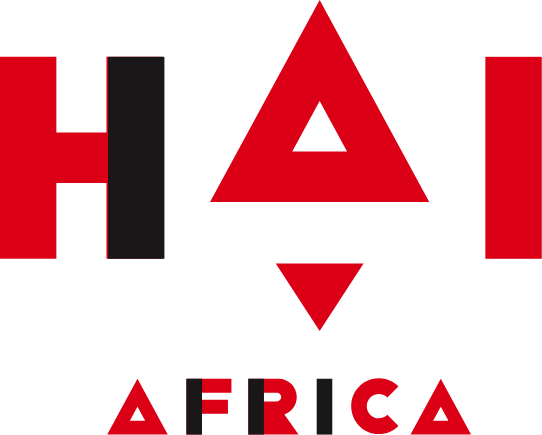
Why is female empowerment a collective noun?
Far beyond a t-shirt phrase, female empowerment is an important tool for rethinking feminism. That's why it must always be collective.
“No one is empowered individually if the group is not empowered” — in an interview with Brasil de Fato, Joice Berth, author of the book “what is empowerment?” sheds light on the collective perspective of the term female empowerment.
In fact, in recent years, the expression has spread to the four corners of the country. It even conquered a relevant space in the political debate. But at the same time, it has also become banal and meaningless.
However, what we will realize is that the approximation of the term “ female empowerment ” to its original concept can be a fundamental tool to discuss feminisms.
Thinking about it, the purpose of this article is to reflect on the concept of female empowerment, especially to question the structures of power relations.
What is female empowerment?
To start this conversation, it is important to keep in mind that the word “ empowerment ” is a neologism in the Portuguese language.
It is a word that (apparently) was created by the educator and philosopher Paulo Freire from the English term “ empowerment ” — which basically means the ability or permission for someone to do something.
In general, from Paulo Freire's perspective — and also from the basic concept of the term — empowerment comprises the idea of minimizing the effects of oppression, based on an awareness of the social and the collective. Never exclusively individually.
So it's not female empowerment when individual women feel freer, but not driven to help other women free themselves.
Of course individual empowerment for its own sake is important. This movement is even necessary to start the collective process. But purely individual empowerment is not enough.
Therefore, within these premises, empowerment is, above all, “ thinking about ways to rebuild the sociopolitical bases, concomitantly breaking with what is established ” — as explained by Joice Berth in her book.
That is, to build chapters that tell stories different from those we have seen over time.
In the same line of thought, bell hooks understands that empowerment refers to social changes in an anti-racist, anti-elitist and anti-sexist perspective, through changes in institutions and individual consciences.
In this conception, it is necessary to create female empowerment strategies in everyday life, in the usual experiences in order to claim the right of women ( especially black women ) to humanity.
Why can't female empowerment be seen only from an individual perspective?
That's why every liberal idea of meritocracy — which approaches purely individual empowerment, departs from the original ideal. And, worse, it empties the concept that leverages the collectivity.
The criticism here, to be clear, is about empowering discourse reaching only certain specific types of women. And that, moreover, serves as a phrase used to sell T-shirts in fast fashion stores .
Therefore, as Joice Berth explains, if they are just achievements that relate to individual benefits such as, for example, promotions and salary increases, it is not about female empowerment per se.
After all, the original concept of empowerment presupposes social transformation.
That is, first of all, it is imperative that the benefits overflow a person's private life and reach the collective perspective.
This means that, in order to fully work with the concept of empowerment, individual benefits and privileges must be reverted to minority groups ( which are not minorities — such as black people who make up 56% of the population in Brazil, but are minorized in decision-making positions ).
Therefore, empowerment means less transfer of power and more commitment to the fight for equity, as explained by Djamila Ribeiro.
In this context, in no way is female empowerment how a single woman came to power. But how, after that, she promoted the empowerment of other women for a fairer society.
The UN's 7 Women's Empowerment Principles
So much so that this issue reached the agenda of the United Nations (UN) together with the Global Compact, to create the Women's Empowerment Principles.
These principles act as a guideline for UN Women to establish and consolidate partnerships with companies, with the aim of increasing commitment and reducing discrimination against women.
Thus, companies are central characters in a script that foresees changes towards a more inclusive development — especially, which considers that women are also beneficiaries of the country's economic development.
In practice, there are 7 principles that serve to instruct companies in the implementation of more equitable values:
- Establish gender equality-sensitive corporate leadership at the highest level;
- Treat all women and men fairly at work, respecting and supporting human rights and non-discrimination;
- Guarantee the health, safety and well-being of all women and men who work in the company;
- Promote education, training and professional development for women;
- Support women's entrepreneurship and promote women's empowerment policies through supply chains and marketing;
- Promote gender equality through community-based initiatives and social activism;
- Measure, document and publish the company's progress in promoting gender equality.
How to promote female empowerment?
And then a fundamental question arises: how, after all, to promote female empowerment? How to create environments conducive to the development of women who empower themselves and other women?
And the truth is, there is no single answer. Each woman, within the limits of her acting space, can build different ways of empowering other women.
In any case, the fact is that it is necessary to develop collective actions that align decision-making spaces with the social awareness of rights.
After all, as you already know, female empowerment presupposes an awareness that goes beyond individual initiatives and privileges, to promote transformations and overcome the realities of violence.
So, in the first place , the actions must necessarily be enough to extrapolate the limits of private life to reach broader visions.
Furthermore, the actions must produce effects that combat the unequal power relations between men and women in all spheres and offer new possibilities for existence.
Also, a movement that aims to promote women's empowerment must encourage the building of communities and guarantee, as a basic principle, all women's rights.
So, for example, in an organizational context, companies must create respectful work environments that meet the demands of all women and, above all, respect all rights.
How to help female empowerment with Hai Africa?
Another way to help promote women's empowerment is to contribute to Hai África's actions. Hai África is a non-profit organization that was born in 2015 after a volunteer trip to Africa.
On May 4, 2015, in a small house in Kabiria (a region on the outskirts of Nairobi, the capital of Kenya), founder Mariana opened Hai's doors to provide meals and creative activities for 13 children from the community — the maximum number welcomed in her initial budget.
Currently, Hai is a center that is part of the transformation of the Kabiria community, promoting the development of women through new professional training and of children through humanized education and healthy nutrition. Hai also supports the local economy by making all of its purchases from the community's own businesses.
Over the years, Hai África has become a center that serves more than 40 children (our “babies”), has 6 local employees, generates income and gives opportunities to 15 women (affectionately known as ''mamas''), finances the education of 3 teachers and the continuing education of 29 children in primary school.
If you are interested in Hai's story, you can help in the following ways:
- You can make donations in cash and sponsor children from R$10. The donation is secure and credited monthly.
- You can donate clothes, shoes, furniture and household items or buy them at the Hai bazaar.
- You can volunteer at Hai and be welcomed with open arms and encouraged to explore your unique abilities.
- You can invite Hai to join your event and share stories of impact and transformation.
- You can become a Hai partner organization and unify efforts to achieve common goals.
So, how can you help boost the transformation that Hai África has already started?


